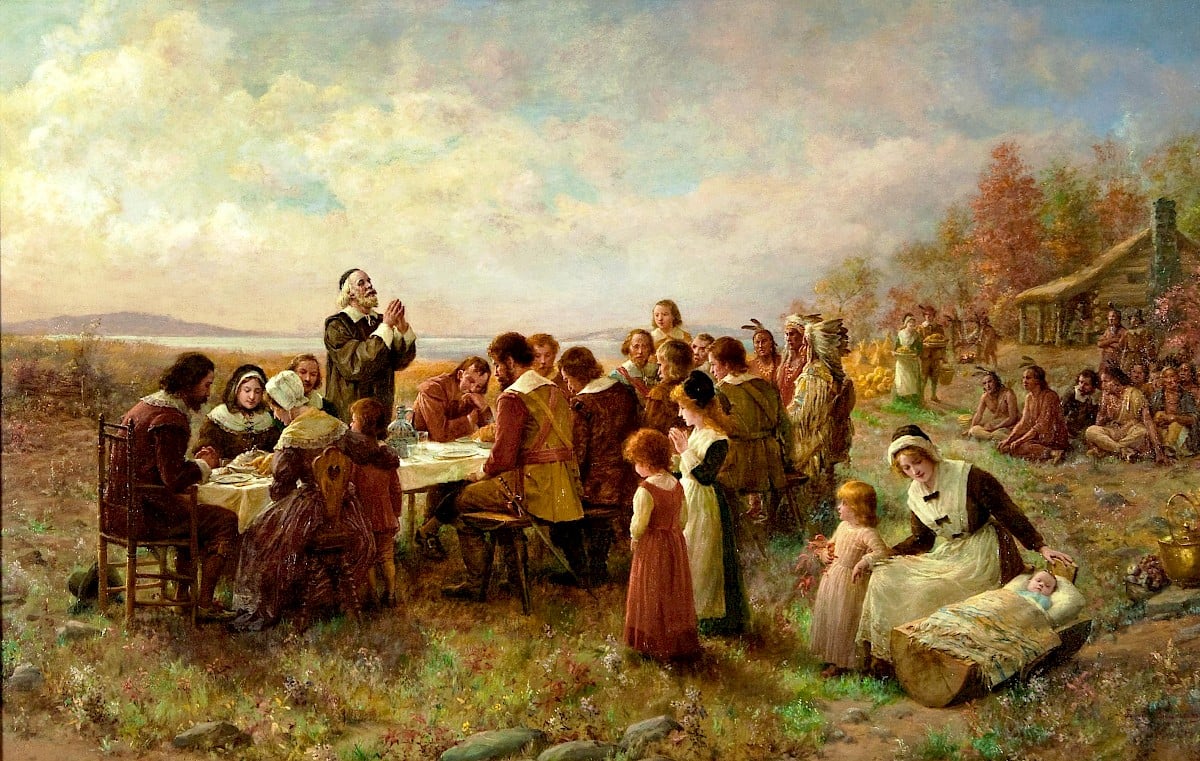Earlier this year Philip Gorski and Samuel Perry published The Flag + the Cross, a sociological expose on what they identified as the threat to American democracy from what they called white Christian nationalism. It’s a work of sociology more than a work of history, so I’ll grant that I approach the subject in a methodologically different way than Professors Gorski and Perry. I’m not particularly convinced the term is helpful, but I’ve written about that already. The Flag + the Cross is a worthwhile book in as much as they statistically identify very real changes in the relationship between significant segments of what is often termed Evangelical Christianity and politics since Donald Trump appeared on the political scene. Gorski and Perry argue that white Christians have perpetuated a myth of a Christian founding. They are correct, in as much as the documents that created the statutory framework of the American republic did not provide for a state national religious establishment. Nor were their European-style religious requirements foisted on American society in the era. If the nation was created by the “Founding,” there isn’t much to disagree on.
Login to read more
Sign in or create a free account to access Subscriber-only content.
Topics:
